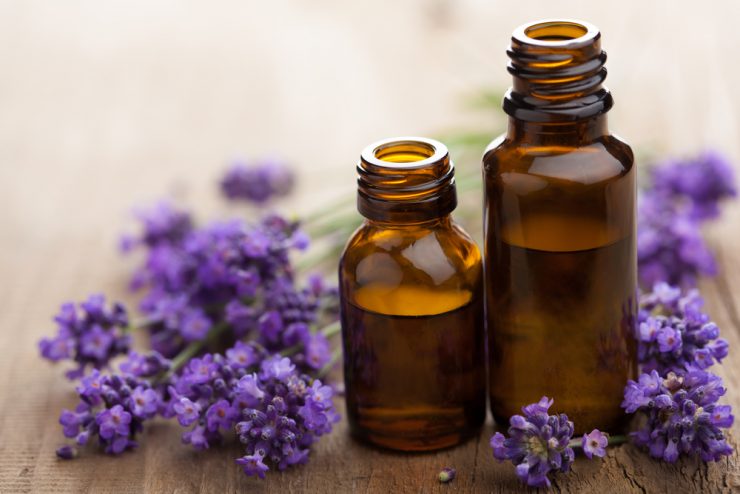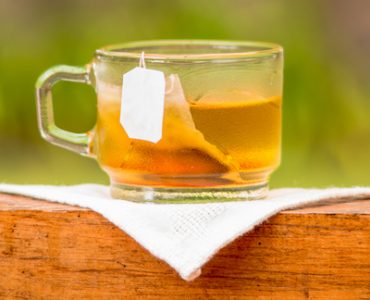Around a third of Americans suffer from occasional, mild insomnia. For 10% of the population it’s a severe, chronic problem. It can can seriously disrupt your life, making you feel exhausted all the time and interfering with work, study and family life. For many people, conventional approaches to treatment just don’t work. Herbal remedies, however, have been used for this purpose for thousands of years and they could make all the difference for you.
Valerian
Multiple scientific studies show that valerian helps people get to sleep more quickly and stay asleep for longer. Long term use can be problematic but taking it for a couple months could reset your sleep patterns. Most people can safely take up to 900mg of valerian at one time. Start on a low dose and build it up to find out how much you need, as individual responses vary. Take it last thing at night, just before you lie down to sleep. You can take valerian in capsules or pills, or brew it as a tea. Some people find that as well as helping them sleep longer overall, it makes them less likely to wake up in the middle of the night.
To stay safe, don’t give valerian to children or use it if you’re pregnant. Ask a doctor for advice first if you’re taking prescription anti-depressants and don’t drink alcohol when you’re using it.
Chamomile
Chamomile is one of the safest herbal remedies available for insomnia. It works because it’s a gentle sedative, reducing stress and helping your brain to turn ff the constant excitable procession of thoughts that keeps some people awake. The easiest way to consume chamomile is as a tea, drunk just before bedtime. Use two to three bags in a single mug if you feel the need to. Don’t drink extra mugs of it as this will just result in your bladder waking you up again.
Inhaling chamomile essential oil helps to relieve anxiety. If you are often woken by stressful dreams, adding a few drops to your pillow can help.
Chamomile also helps to reduce inflammation and cramping, so it can help to relieve the symptoms of other health problems that may be keeping you awake.
Lavender
Several scientific studies have found that inhaling the scent of lavender helps people to fall asleep more easily and stay asleep for longer. The easiest way to do this is to add drops of lavender essential oil to your pillow.
Because lavender dries really well, you can buy pillows that are actually stuffed with lavender (or make your own). These will retain their calming scent for years.
Lavender oil can also be added to relaxing evening baths or massaged, in small quantities, into your hands, which will them carry the scent to your nose.
As well as improving the length of sleep, using lavender at night appears to help insomnia sufferers feel more alert during the day, and it reduces some of the damaging mental health impacts of long term insomnia.
https://www.webmd.com/sleep-disorders/alternative_treatments_for_insomnia#1
https://www.webmd.com/a-to-z-guides/supplement-guide-valerian
https://www.ncbi.nlm.nih.gov/pmc/articles/PMC3612440/













